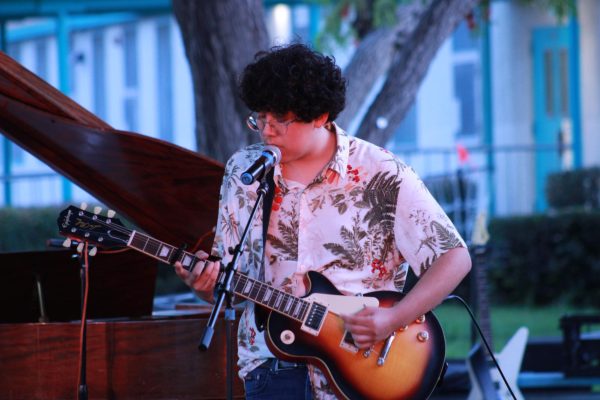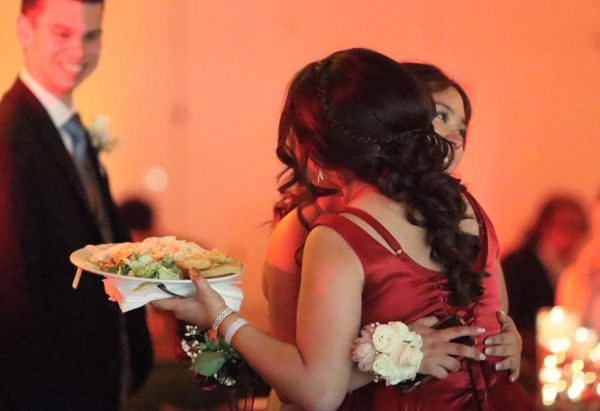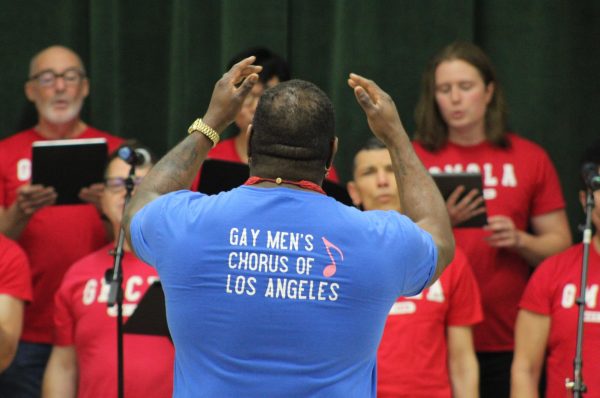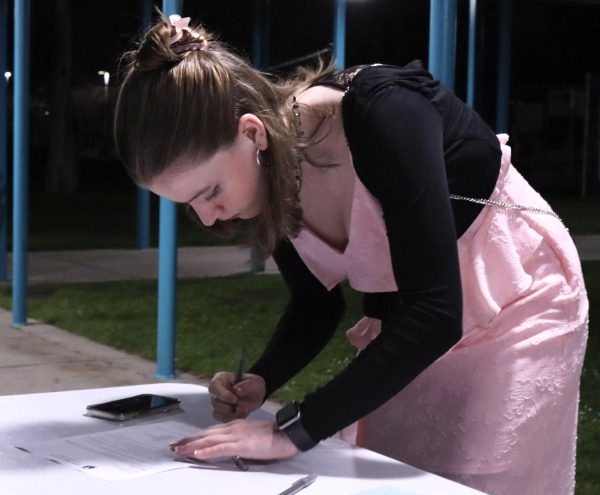Trump “zero-tolerance” policy leaves thousands of children in detention centers
September 19, 2018
President Donald Trump signed an executive order to stop separating families at the U.S border, yet 12,800 children are still being held in detention centers and are not sure when they will see their parents again.
The “zero-tolerance” policy was enacted on April 19 and ended on June 20. This policy had immigrant parents separated from their children ages of five to 17, at the U.S. border, as reported in The Washington Post. They are still waiting to be reunited with their parents since the policy ended. Trump has now given families another chance to seek for asylum and will go through a series of interviews and arguments in order to go back to their home.
“I think it’s quite cruel,” senior Jared Medrano said. “Nobody takes into account the amount of damage that can be done to these individuals who are separated from their parents.”
Medrano is the first generation child of a family who immigrated to the United States and is one of many who feels sympathy for the children separated. Many other students at Daniel Pearl Magnet High School have parents who migrated to this country and are furious as to what the government has done to traumatize the children being held in detention centers.
“It’s not right,” freshman Chareena Pascua said. “Why should the government separate kids from their parents, when no one separated their parents from them?”
There was a report made that a child died soon after she and her family left ICE detention center in Dilley, Texas. Not a lot of information had been released and ICE denied that a child died in their care. However, the cause of the minor’s death was due to “negligent care and a respiratory illness she contracted from one of the other children,” according to the Chicago Tribune.
Children who have not been reunited with their families within three days are later sent to a shelter filled with immigrants and receive aluminum foil as something to keep them warm at night, according to a story in ABC7 WJLA. At the same time, children have to be their own attorney in court, defending themselves in their own deportation proceedings.
Children who have been reunited with their families have had various reactions because they believed their parents had abandoned them at the border and others were left traumatized from being taken away from their mom and dad unexpectedly.
“Families need to be together and they have to learn from each other,” sophomore Jacqueline Prava said.














